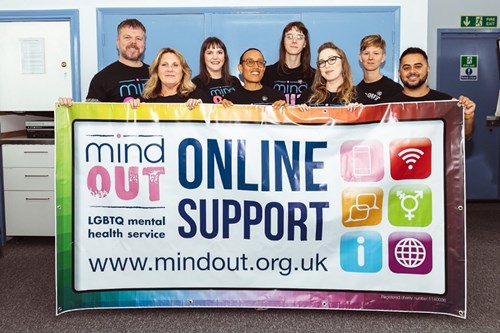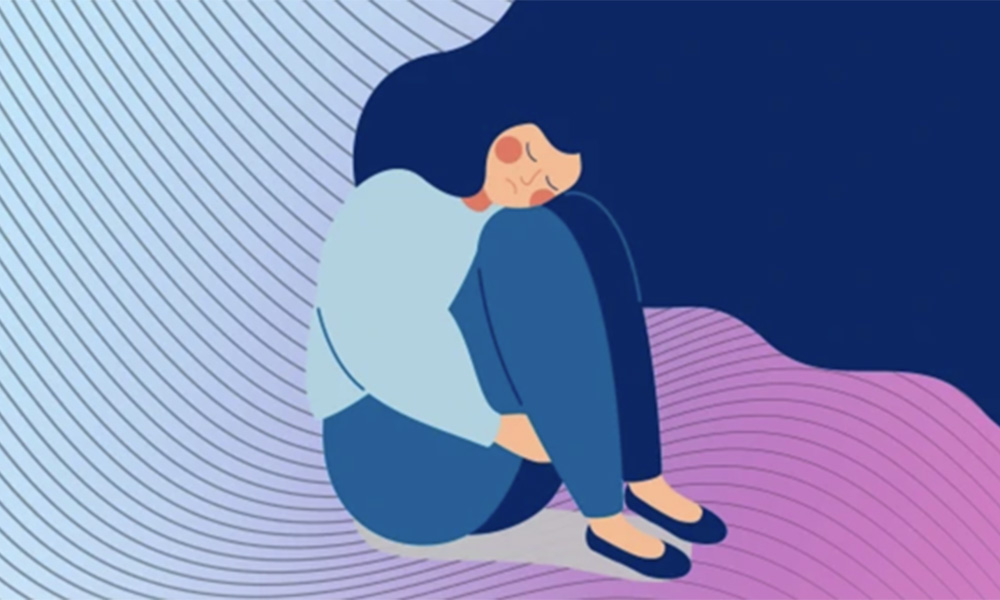World Mental Health Day allows us all an opportunity to pause and think about ourselves and how we are feeling. It’s a subject that was once taboo but has now rightfully got the attention and credibility it deserves with many employers now offering mental health days and a more accommodating attitude towards mental health issues and the need to prioritise it.
 Source: Google Trends for ‘Mental Health’
Source: Google Trends for ‘Mental Health’
The theme for this year’s Mental Health Awareness Week in the UK was around ‘loneliness’, and especially around how ‘together we can tackle loneliness’. It’s quite apt because for the last two years pretty much the whole world has lived in isolation due to various lockdowns, social distancing guidelines and the rise of remote working and learning. Whilst the lockdowns did bring around much needed opportunity for us to find peace in solitude, they have definitely increased general feelings of loneliness. Research suggests that the number of people in Great Britain who reported feeling lonely often or always had increased to 7.2% in comparison to pre pandemic levels of 5%.
How to define loneliness
You might not actually think you are lonely - everyone’s experience of loneliness is slightly different. One of the most common descriptions for loneliness is that feeling that our needs around rewarding social contact and relationships have not been met. Some people could feel lonely in a room full of people but totally content at home alone watching Netflix. Loneliness in itself isn’t considered a mental health condition but the two are very strongly linked. Having a mental health issue can increase your chances of feeling lonely and feeling severe loneliness is one of the key drivers of mental health.
There is no single cause for loneliness, it varies from one person to another. For some people, life experiences could cause loneliness, for others it’s more physical or social barriers. Marginalised groups tend to be more at risk of severe loneliness, due to practical barriers, structural societal issues, discrimination, and prejudice.
Supporting marginalised communities with mental health issues and loneliness
There are quite a few charities that support marginalised groups and their experiences with mental health - one of them is Black Minds Matter.

Black Minds Matter are a free mental health and therapy charity who aim to support the Black community to deal with the effects of racial discrimination and ensure mental health is a priority for Black people across the UK. Like many other cultures, within Black culture, there are stigmas towards mental health and when/if people should seek mental health support. Organisations like Black Minds Matter demystify the connotations that surround mental health and help thousands of people make that step to be the best version of themselves.
Another great charity is Mindout. Mindout is a mental health service run by, and for, those who are lesbian, gay, bisexual, trans and queer, and aim is to create a world where the mental health of LGBTQ communities is a priority, free from stigma and isolation. Despite being based in Brighton and Hove, the charity has online support services which are available globally.

Whether you are from a marginalised community or not, mental health and loneliness are important topics to think about and talk about with friends, family and support groups. Reach out to someone this World Mental Health Day, whether you are suffering or not – it may be one of the most important conversations you ever start.




